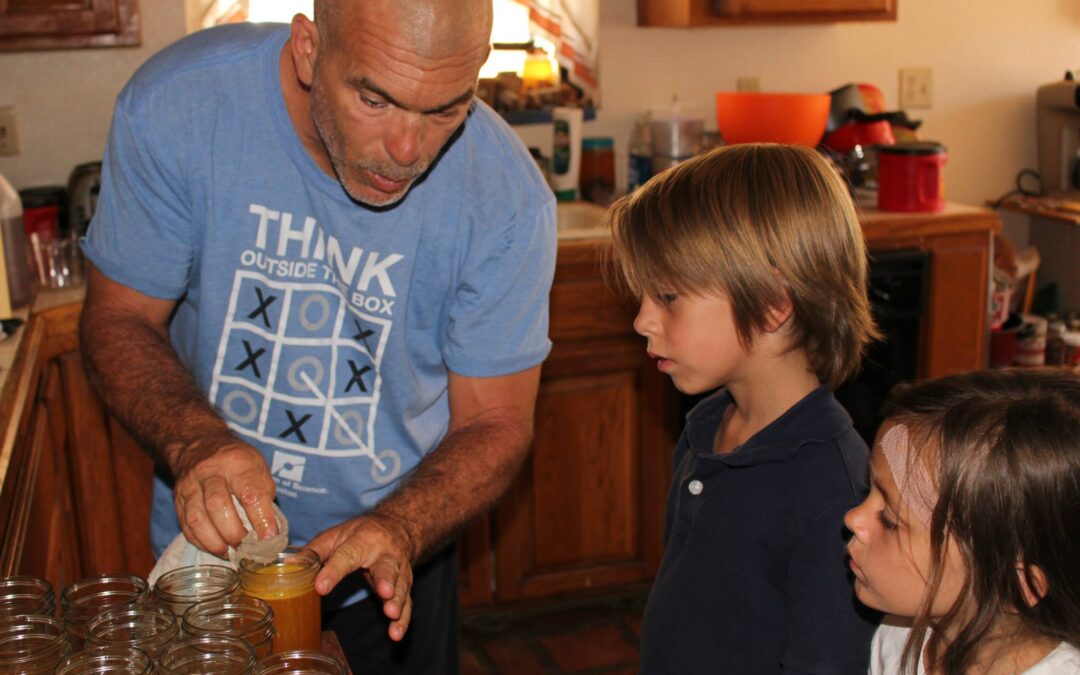The Importance of a Good Teacher in Children’s Development: Nurturing Excellence and Intrinsic Motivation
Introduction
Education is the cornerstone of a child’s development, shaping their character, intellect, and future opportunities. At the heart of a successful educational journey lies a good and highly skilled teacher. A teacher plays a pivotal role in shaping young minds, not only imparting knowledge but also fostering essential life skills and values. In this article, we will explore the benefits of having a good teacher for children’s development and delve into the characteristics that define a skilled educator. Additionally, we will discuss the significance of instilling accountability, discipline, hard work, a challenging environment, and good rewards in the learning process, along with strategies to develop intrinsically motivated children.
The Benefits of a Good Teacher
- Holistic Development: A good teacher goes beyond textbooks, encouraging holistic development by nurturing emotional intelligence, creativity, critical thinking, and problem-solving skills.
- Individualized Attention: Skilled teachers recognize the unique strengths and weaknesses of each student, providing personalized guidance and support to help them reach their full potential.
- Positive Role Models: Good teachers serve as positive role models, inspiring children to emulate their dedication, passion, and ethical values.
- Building Confidence: A supportive teacher fosters a safe and encouraging environment that allows students to take risks, ask questions, and build self-confidence.
- Effective Communication: Skilled educators possess excellent communication skills, making complex concepts accessible and engaging for young minds.
- Adaptability: Good teachers adapt their teaching methods to accommodate different learning styles, ensuring that every child has the opportunity to succeed.
Characteristics of a Good and Highly Skilled Teacher
- Expertise: A skilled teacher possesses a deep understanding of their subject matter and constantly updates their knowledge to stay relevant.
- Empathy: They show genuine care and empathy for their students, understanding their needs, challenges, and aspirations.
- Patience: Good teachers are patient, willing to explain concepts multiple times and provide additional support as needed.
- Innovation: Highly skilled teachers incorporate innovative teaching methods and technologies to keep the learning experience fresh and engaging.
- Leadership: They lead by example, demonstrating qualities like dedication, integrity, and a strong work ethic.
Instilling Accountability, Discipline, Hard Work, Challenging Environment, and Good Rewards
- Accountability: Teachers instill accountability by setting clear expectations, encouraging responsibility, and teaching students to take ownership of their actions and outcomes.
- Discipline: A disciplined classroom environment fosters focus, respect, and a sense of responsibility. Teachers model discipline and provide guidance on time management and organization.
- Hard Work: Skilled educators inspire hard work through their own dedication and by challenging students with meaningful assignments that require effort and dedication.
- Challenging Environment: A challenging classroom environment pushes students to think critically, solve problems, and stretch their intellectual boundaries.
- Good Rewards: Recognizing and rewarding achievements, both big and small, reinforces positive behavior and motivates students to strive for excellence.
Developing Intrinsically Motivated Children
- Foster Curiosity: Encourage curiosity by allowing students to explore topics of interest, ask questions, and pursue independent research.
- Provide Autonomy: Give students a degree of autonomy in their learning, allowing them to make choices and set goals that align with their interests.
- Offer Meaningful Feedback: Constructive feedback helps children understand their progress and areas for improvement, promoting self-awareness and intrinsic motivation.
- Celebrate Progress: Acknowledge and celebrate the incremental progress and effort students put into their work, emphasizing the value of the learning process.
- Connect Learning to Real Life: Relate classroom concepts to real-world applications, showing students the practical relevance of what they’re learning.
Conclusion
A good teacher is a guiding light that shapes the path of a child’s educational journey. Beyond imparting knowledge, they instill values, skills, and a love for learning that extends far into the future. By fostering accountability, discipline, hard work, a challenging environment, and good rewards, teachers create an environment where intrinsic motivation thrives. As educators continue to embody the characteristics of expertise, empathy, patience, innovation, and leadership, they ensure that children not only excel academically but also develop into well-rounded, motivated individuals poised for success in all aspects of life.

